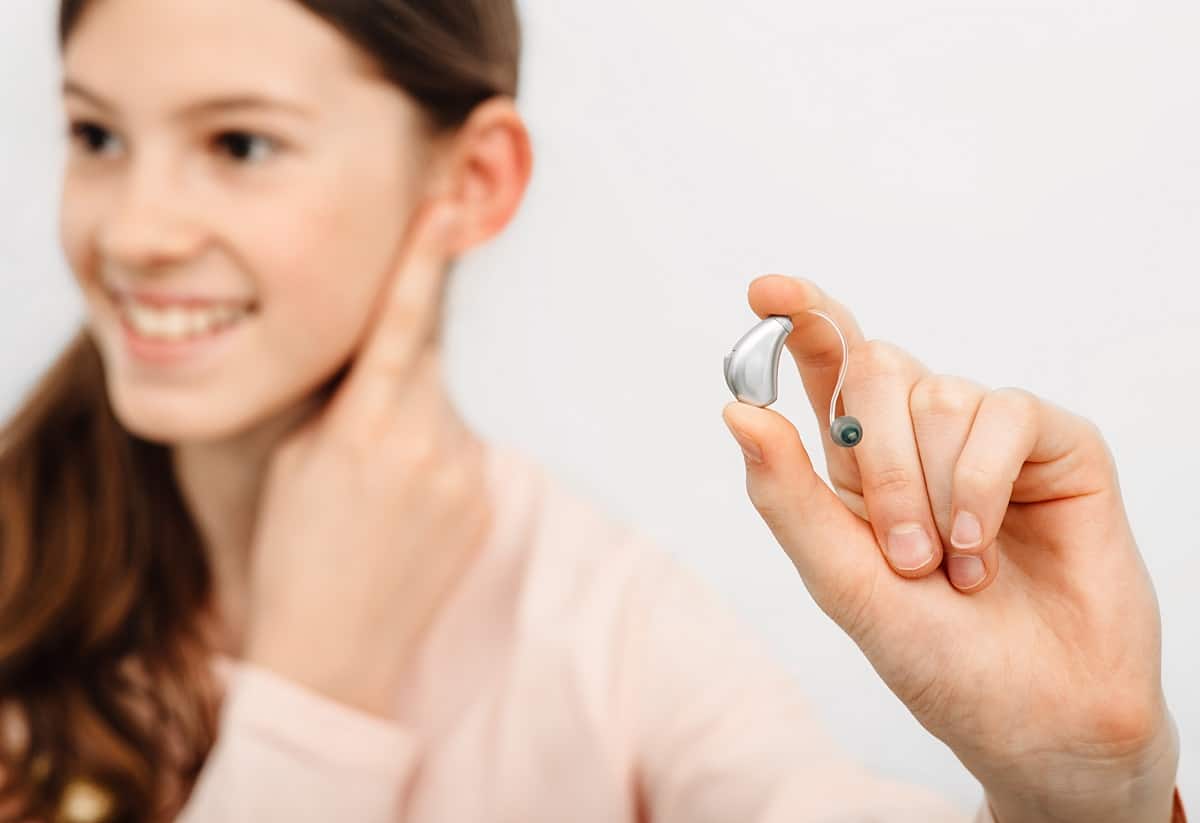We say that hearing loss “affects” some 48 million Americans, but the real number is probably much, much higher. That’s because hearing loss doesn’t only affect the person who has it, but their friends and loved ones, as well.
Perhaps the biggest problem we experience when we have hearing loss is that it makes communication more difficult. And communication is a two-way street! If it’s more difficult for us, it’s also more difficult for the person we’re communicating with.
Hearing Loss Stresses Relationships
Studies done with interviews and survey data all indicate that hearing loss is a major source of stress in relationships, especially for couples.
As in so many areas of life, it’s not just the “big stuff” that suffers, it’s the lack of spontaneity and the kinds of tiny interactions that we don’t often think about, before hearing loss enters the picture. With hearing loss, it becomes more difficult to share in noticing the small things and carry on small talk in everyday life.
That’s because hearing loss starts to whittle away our will to communicate. If we have to repeat ourselves multiple times or speak louder in order to be heard, the natural consequence is that we will think twice about whether something is “worth” communicating. Of course, some conversations—like planning an event or outing—have to happen, but we might do a quick mental check on a moment and think to ourselves, “This situation reminds me of a funny joke, but it will be too difficult to try to tell it.”
Over not much time, this lack of conversation and sharing intimate exchanges tends to result in one or both partners feeling lonely, even if they spend all their time together. Even watching TV together can become a frustrating activity, as the volume will have to be set so loud that it is uncomfortable for the better-hearing partner, so quiet that it is inaudible to the partner with hearing loss, or somewhere in the middle such that neither partner can enjoy the program.
Studies Confirm the Impact of Hearing Loss
A report by Action on Hearing Loss, called “In It Together: The Impact of Hearing Loss on Personal Relationships,” found that partners with hearing loss appreciated their better-hearing partners and recognized that they were a source of support, but also that they often failed to truly understand their experience of hearing loss. Hearing loss is fatiguing and creates even more difficulties when background sound is present. Even the most supportive partners struggled to understand the times when hearing loss presented the most difficulty.
Both partners agreed that their communication had changed significantly for the worse when hearing loss came into the picture. They lamented the loss of jokes and spontaneous humor and being able to bid for one another’s attention about little things throughout the day.
Some of the most frequently reported problems that couples face when one of them experiences hearing loss include:
- Frustration, on both sides
- Resentment, usually on the part of the better-hearing partner for becoming the “translator” in many situations
- Loneliness, as the lack of communication, causes us to feel a lack of companionship
- Fewer social activities, more time at home
- Less intimate talk and humor
- Fewer shared activities, like watching TV or movies together
Hearing Aids Can Help
In couples where the hard-of-hearing partner gets hearing aids, both partners report a dramatic increase in life satisfaction. It makes sense, doesn’t it? All of the problems that hearing loss causes are the result of poor lines of communication. By getting a set of hearing aids, the hard-of-hearing partner regains the ability to comprehend speech. The couple’s communication style can return to more-or-less normal!
Hearing aids today are marvels of technology that not only amplify speech but also help to reduce background noise and focus on sound from a particular direction. These advanced capabilities mean that restaurants can again be chosen for the quality of the food and less for the fact that they are quiet and mostly empty. Social outings can be enjoyable for both partners, and fatigue is less likely to be an issue that requires leaving early. Today’s hearing aids can even connect via Bluetooth to smartphones, tablets, TVs, and other gadgets to improve the listening situation so that both partners can be on a video call or watch television together without arguing over the volume.
If you or your partner is having hearing issues, make an appointment for a hearing test today and find out what hearing aids can do to improve your relationship and your life!

